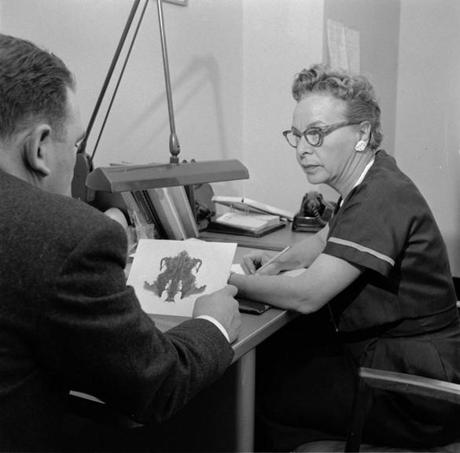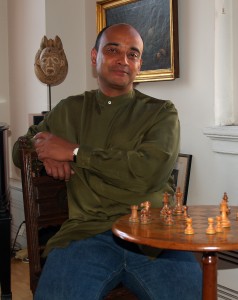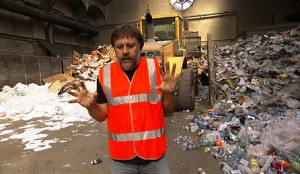The opening of Kwame Anthony Appiah’s New York Review of Books piece about Rorschach readings of politics in the age of Obama:
“You know the joke. A psychiatrist shows a patient a series of inkblots. Each time, the patient sees an erotic episode. ‘You seem to be preoccupied with sex,’ the psychiatrist concludes. The patient protests: ‘You’re the one with all those dirty pictures.’ Ask people to read the inkblots of American political life and that result, too, is likely to tell you more about them than it does about what is really going on.
Jamie Barden, a psychologist at Howard University, ran an experiment that demonstrated this very nicely. Take a bunch of students, Republicans and Democrats, and tell them a story like this: a political fund-raiser named Mike has a serious car accident after a drunken fund-raising event. A month later he makes an impassioned appeal against drunk driving on the radio. Now ask them this question: Hypocrite or changed man?
It turned out that people (Democrats and Republicans both) were two and a half times as likely to think Mike was a hypocrite if they were told he belonged to the other party. This experiment only confirms a wide body of work in social psychology demonstrating that we’re biased against people we take to be members of a group that isn’t our own, more biased if we think of them as the opposition. That’s not something most of us needed a psychologist to tell us, of course. The news is not that we are biased, it’s how deeply biased we are.”



